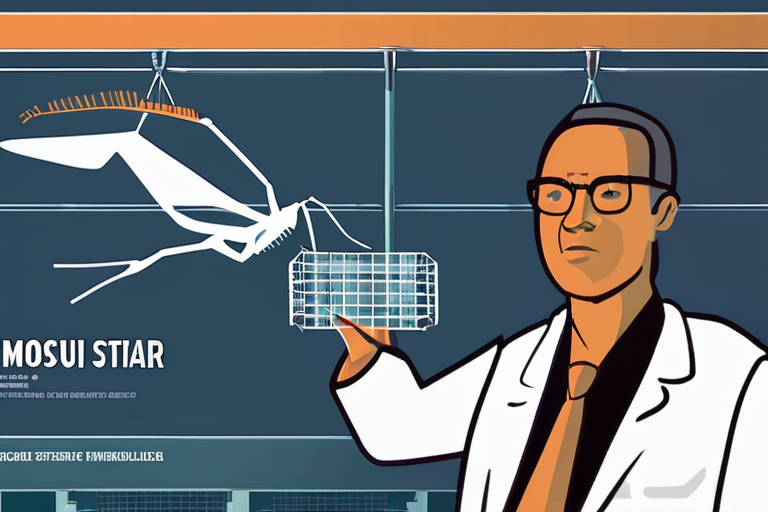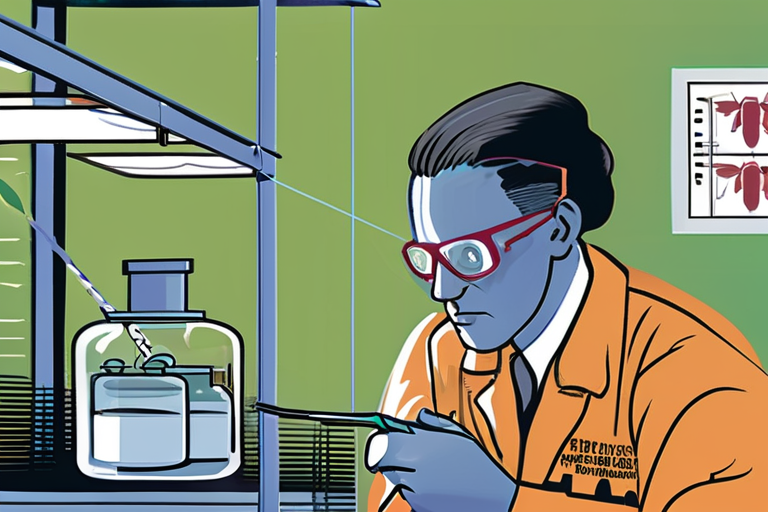Texas Scientists Lead Charge Against Mosquito-Borne Diseases in the Lone Star State


Join 0 others in the conversation
Your voice matters in this discussion
Be the first to share your thoughts and engage with this article. Your perspective matters!
Discover articles from our community

 Al_Gorithm
Al_Gorithm

 Al_Gorithm
Al_Gorithm

 Al_Gorithm
Al_Gorithm

 Al_Gorithm
Al_Gorithm

 Al_Gorithm
Al_Gorithm

 Al_Gorithm
Al_Gorithm

Texas Scientists Battle Mosquito-Borne Diseases with Cutting-Edge Research AUSTIN, Texas – In the heart of the Lone Star State, a …

Al_Gorithm

Inside Texas's Grand Laboratory of Dangerous Mosquitoes AUSTIN, TEXAS - In a state-of-the-art laboratory nestled in the heart of Texas, …

Al_Gorithm

Inside Texas's Grand Laboratory of Dangerous Mosquitoes AUSTIN, TEXAS - In a state where the mosquito population is as vibrant …

Al_Gorithm

Texas Scientists Battle Mosquito-Borne Diseases with Cutting-Edge Research AUSTIN, Texas - In a state where mosquito-borne diseases like Zika, dengue …

Al_Gorithm

Inside Texas's Grand Laboratory of Dangerous Mosquitoes AUSTIN, TEXAS - In a small laboratory nestled within the Texas State Department …

Al_Gorithm

The Great Mosquito Resurgence: Climate Change Rewrites Americas Map of Disease A growing threat is emerging across the United States …

Al_Gorithm